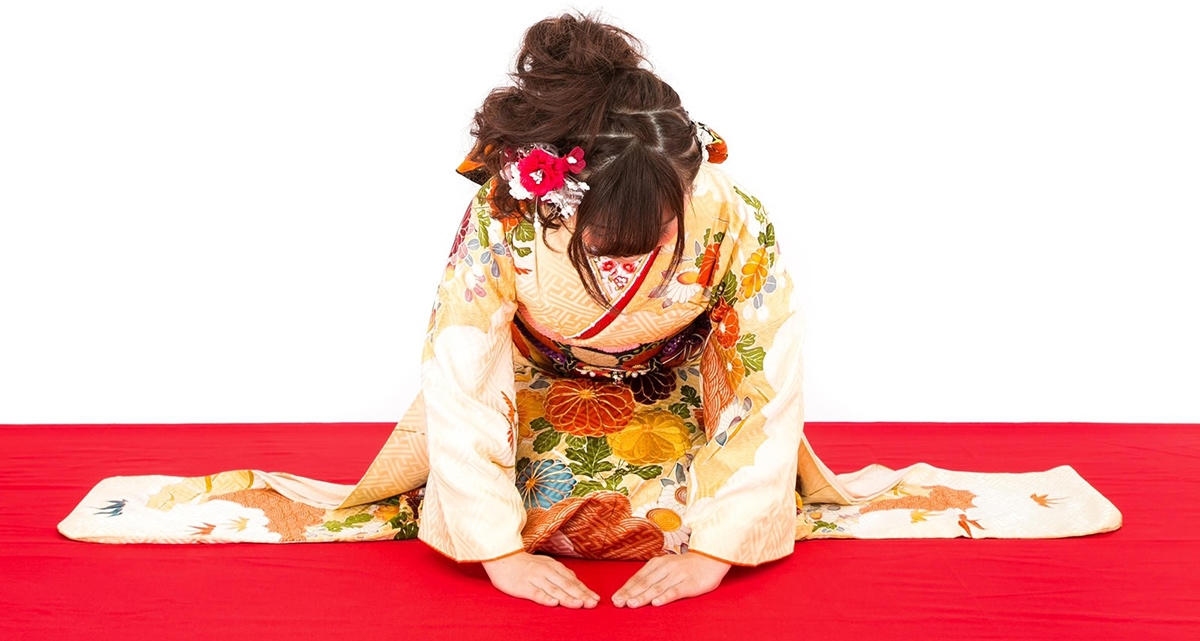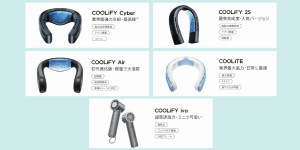
What would you say is the best way to attract foreign customers in Japan? Whether you offer tours, accommodation or a dining experience, you already know the benefits of having a website and other materials translated into multiple languages and employees who can speak English, Chinese or Korean.
If you’re serious about taking advantage of the explosive growth in foreign visitor numbers - 20 million in 2015 and forecast to exceed 40 million by 2020 - you’re probably advertising in publications or on websites that cater to foreign tourists. You may even be using geotargeted Google or Facebook advertising to attract tourists already in your area.
Great! Now you have foreign customers at your door. They’re hungry, or they’re tired, or they’re souvenir-hunting, or some combination of all three. They probably don’t speak your language, but that’s OK because the spirit of omotenashi - Japanese hospitality - transcends all boundaries. Or does it?
Omotenashi is founded on the principle that the host should anticipate all needs of the guest so that nothing is ever requested. In return, the guest is expected to defer to the better judgement of the host. Omotenashi works wonderfully well in a domestic tourism situation where Japanese people have similar needs and a shared understanding.
Omotenashi has also attracted praise from many foreign visitors to Japan. Tourists from all parts of the world marvel at the exquisite details that abound in Japanese hospitality and customer service, from gift-wrapping to graceful bowing to timely trains. But you probably weren’t aware that omotenashi has a dark side too, and that some foreign visitors are less than satisfied.
Let’s imagine your guests have small children, or oversized luggage, or special dietary requirements, or a physical disability, or they want an extra pillow or larger slippers or something else you hadn’t planned for. Foreign guests expect a certain degree of flexibility in customer service. They don’t want to be treated like royalty. They just want a solution to a minor problem, even if the solution is less than perfect.
At times like these, a foreign tourist visiting Japan can be shocked when told that “It’s not possible” or “I’m afraid we don’t”, however polite the language used. The most common complaint about service in Japan is that staff lack basic problem-solving skills and would sooner (politely) turn down a customer’s request than accommodate a special request.
Clearly, omotenashi is a wonderful set of customs of which Japan can be very proud. When tailoring customer service for guests from abroad, it’s important not to discard omotenashi thinking. We don’t want to end up with a two-tier system of omotenashi for Japanese guests and anything-goes for the rest.
A better way is a “responsive omotenashi” that can adapt to the needs of any type of guest. Key phrases for responsive omotenashi would be not “I’m sorry” but “I’ll see what I can do” and “I think it should be OK”. Words like these let guests know that their needs are being listened to and that a solution is on the way.
Of course, words and intentions alone are not enough. To really delight foreign customers, you should empower your staff to think and act for themselves. Praise your employees for their initiative rather than punishing them for their mistakes. In your training, make it clear that not every need of the customer can be predicted. There will be times when an employee just has to think for themselves, perhaps even breaking a small rule in order to deliver outstanding service.
This may not match the exact definition of omotenashi, but think of it as omotenashi-plus-alpha, or foreigner-friendly omotenashi. Begin this process now and you can build a towering reputation for foreigner-friendly service ahead of the 2019 Rugby World Cup and 2020 Tokyo Olympics.
And remember, like many Japanese, foreign tourists use ratings websites like TripAdvisor and Tabelog to help them decide where to eat, rest, and play during their stay in Japan. For these foreign customers, who may have no previous exposure to your brand, your service is only as good as the opinion of the last customer who walked through the door - or walked away disappointed.



